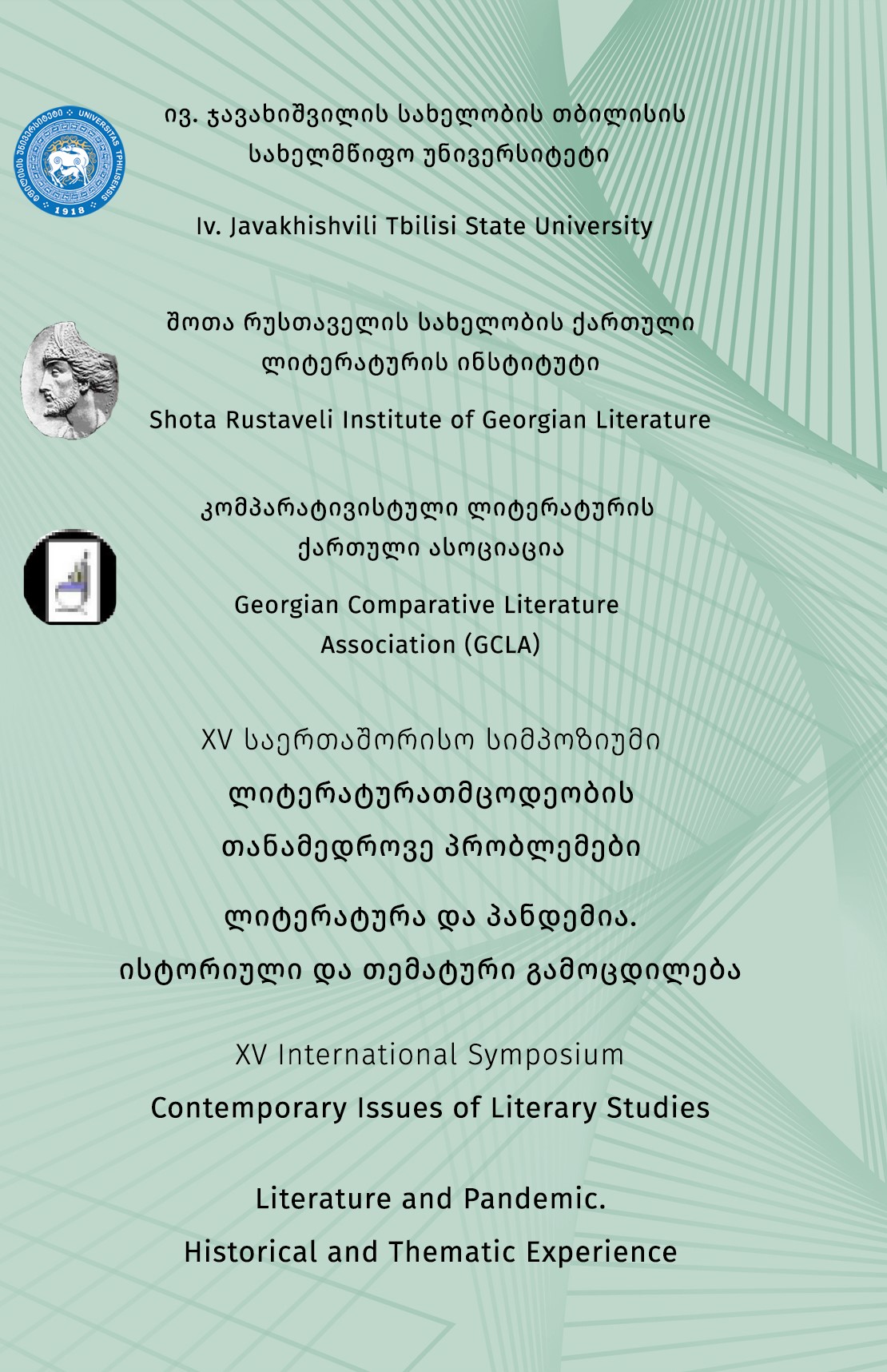Abstract
Apocalypse may be defined as the onset of a specific time – kairós of Christian eschatology, as opposed to chronos, the usual, historical time in which usual events take place. In the specific, apocalyptic time cultural distinctions, categorisations and ways of doing things, belonging to a secular time, lose their validity. Apocalypse is also a suspension of culture. No ritual, no paradigm, no procedure corresponds to the logic of the events that acquire eschatological value. This is why the human being confronted with the pandemic conceptualised as an apocalyptic event lacks not only an efficient bodily cure, but also adequate strategies of fear management, solidarity, mourning, etc. Nonetheless, the kairos, i.e. the suspended, a-cultural time, offers an opportunity of novel insights, fostering the transgression of hitherto respected cultural limitations.
In a recent, yet pre-pandemic essay The Life of Plants. A Metaphysics of Mixture (2019) Emmanuele Coccia anticipated the importance of the pneumatic immersion-in-the-world, epitomised in this instance by plants. He speaks of “universal transmissibility” and “perpetual contagion”. The importance he attributes to the physiology of breathing, common to all living beings, leads to a philosophy of the organic that operates by a constant inversion of container and contained. Pneuma introduces a permanent overlap between the organism and the environment, and thus the principle of circulation, transmission and unavoidable contagion. Coccia’s conclusion is of paramount importance for the pandemic times, bringing an acute awareness of bodies being constantly penetrated by viruses.
On the other hand, in the secular time (not-kairos, chronos), the dominant physiological pattern that finds a cultural reflection is that of ingestion (consumption, incorporation) that we experience though nourishment. Meanwhile, the respiratory character of the COVID-19 disease fosters the rethinking of human body, previously conceptualised as an interior, a bulk, a closed, intestinal reality. If the fear of contagion brings about the experience of absolute exposure, the actual disease, lived mainly as a breathing trouble, fosters the awareness that the human being is and must remain open to the world around him or her in a constant pneumatic exchange. Visceral closed-ness, creating a body as an inner, intimate space is nothing but an illusion. The onset of the illness forces the deconstruction of the human as an essentially claustrophiliac being. In secular, non-apocalyptic time, we build houses and offices, create interiors in which we spend most of our time; our culture is a way of transforming the world according to the same, claustrophiliac pattern. We construe intimacies, transforming portions of the world that are closest to us into the same sort of material extension of our closed, visceral bodies. This process of interior-making implies as well the symbolic activity, concept production, emotions. Our activity as cultural creators leads to the transformation of the world into an inner space, an interior in which we try to keep all other beings in a tame, neutralized condition. The advent of uncontrollable virus forces a radical redefinition of the human as a maker of controllable interiors. The disease reveals our tragic oneness with the external environment derived from respiratory physiology that excludes any possibility of definite bodily closure.

